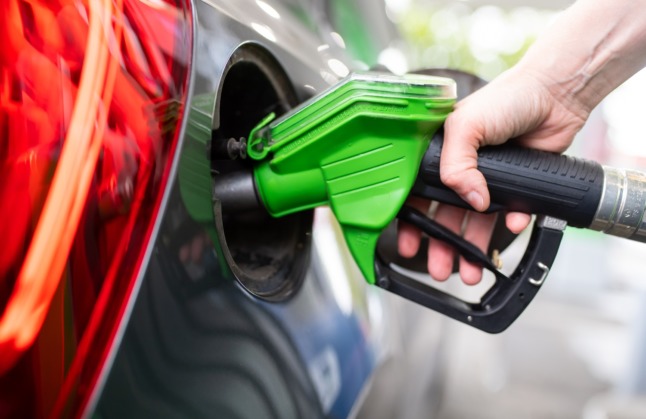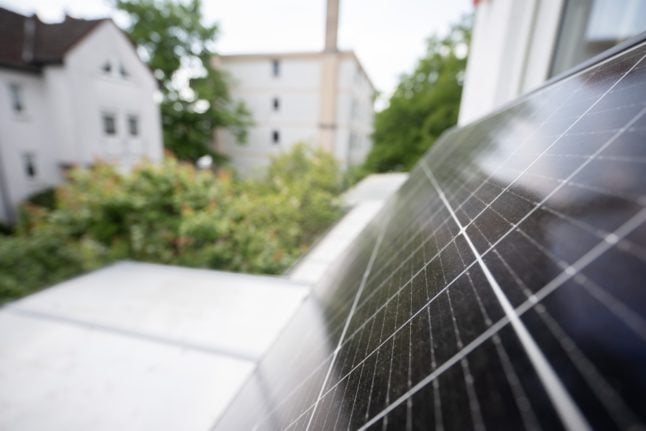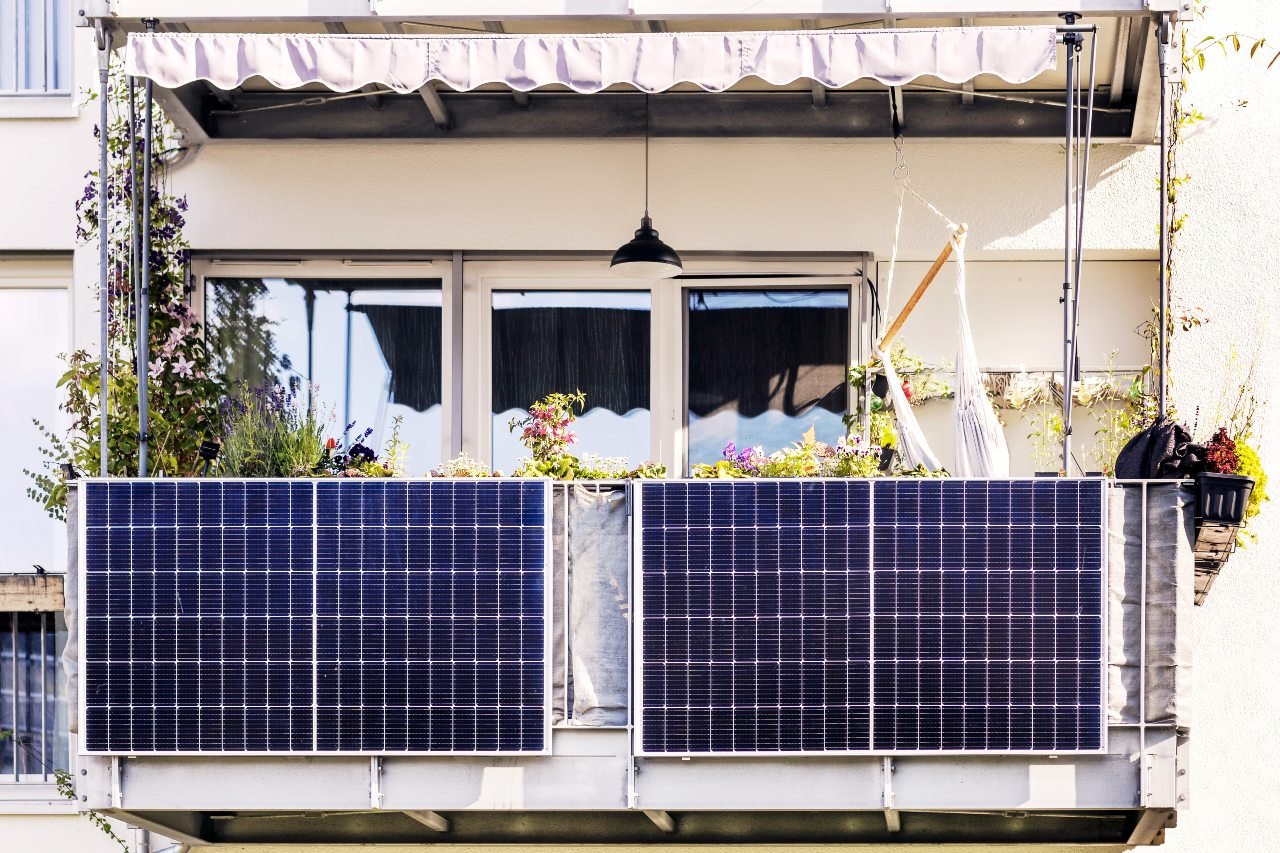High fuel prices in Germany are resulting in more people driving across the border to fill up their tanks, the Central Association of the Petrol Station Industry (Zentralverband des Tankstellengewerbes), ZTG, said on Tuesday.
As of Sunday, drivers of diesel cars and vans in Germany have been asked shell out an average of €1.555 per litre to refill their vehicles. The previous record price, set on August 26th, was €1.554 per litre.
Regular petrol prices are also going up, with prices per litre hitting €1.667 per litre on Sunday – 4.2 cents short of its previous record price of €1.709.
The ZTG said that due to the spike, so-called ‘petrol tourism’ is on the rise again as drivers are desperate to save some cash.
READ ALSO: Could Germany cut more taxes to stem fuel prices?
The association calls this a “petrol price paradox”, because the rising price of oil, which is making filling up tanks more expensive, is noticeable on both sides of the border. However, there may be differences due to taxes and duties.
People are also travelling to different parts of Germany to try and find cheaper fuel.
The willingness to take detours or drive for a few euros in savings has increased, said Florian Hördegen from ADAC Südbayern. Since last week, the topic has gained momentum. It means queues at petrol stations – in Germany and beyond – are becoming more common.
Where are fuel prices cheaper – and more expensive?
For those looking for reasonable fuel prices in their area in Germany, this handy search tool helps you find gas stations and view the prices.
The app Clever Taken also has a “Magic Map” that tells you where to find the petrol station with the best price. Users can also activate push notifications in the fuel app that alert you as soon as a petrol station in your vicinity offers fuel at the low price you set.
The ADAC Spritpreise app also allows people to compare prices between petrol stations in Germany and select the cheapest providers.
In Austria and the Czech Republic, taxes on fuel are much lower. Depending on the petrol station, region and time of day, the difference can be around 20 to 30 cents.
READ ALSO: Drivers in Germany face record fuel costs
On average, diesel costs €1.23 per litre in the Czech Republic, Super petrol costs €1.32. The savings could be 33 cents for a litre of diesel and an impressive 34 cents for a litre of Super, according to German news site Focus Online. Filling up with 60 litres could result of a price difference of around €20.
In Austria, a litre of diesel costs an average of €1.34 per litre. Super is available for €1.33 and Super Plus for €1.61. The savings are 21 cents for diesel, 34 cents for Super and an impressive 33 cents for Super Plus. If you fill up with the most expensive type of fuel, drivers could save about €15 on 45 litres.
Poland is also an option. On Tuesday, a litre of diesel cost an average of €1.32 in Poland and €1.28 for super. A full tank of 60 litres of diesel would cost an average of €73.20 in Poland and €93 in Germany. That’s a saving of about €20 per fill-up.
In contrast, petrol is more expensive in the Netherlands than in Germany. However, according to ZTG, there is currently no sign of increasing fuel tourism from there.
A trip across the border is not always worthwhile, experts say. Drivers have to think about the costs depending on the car and the distance, said ADAC fuel price expert Jürgen Albrecht.
“Driving across the border just to refuel is particularly worthwhile if the price differences are high and the distances are very short,” said Albrecht.




 Please whitelist us to continue reading.
Please whitelist us to continue reading.
Member comments